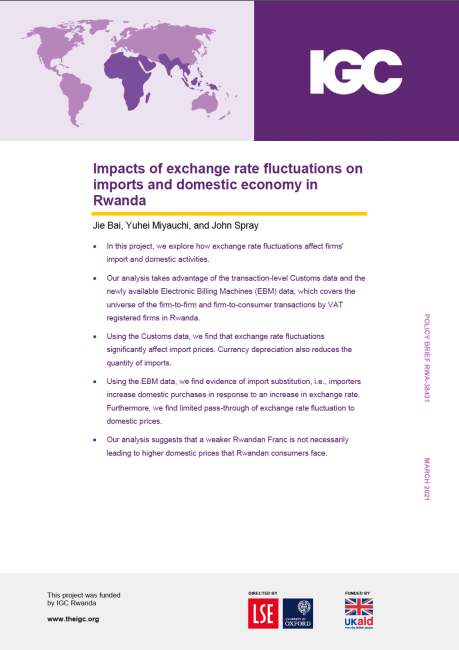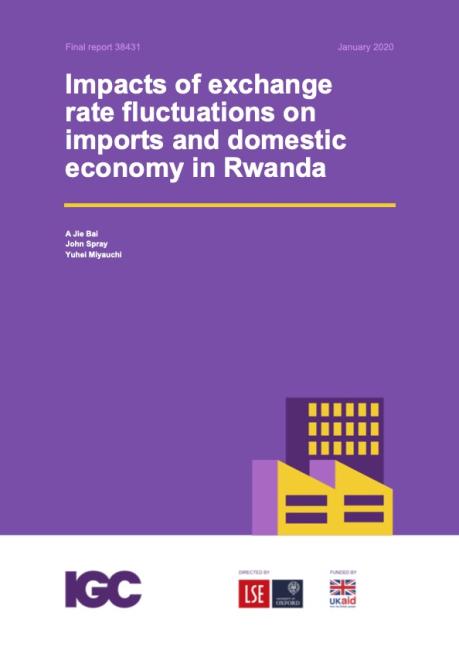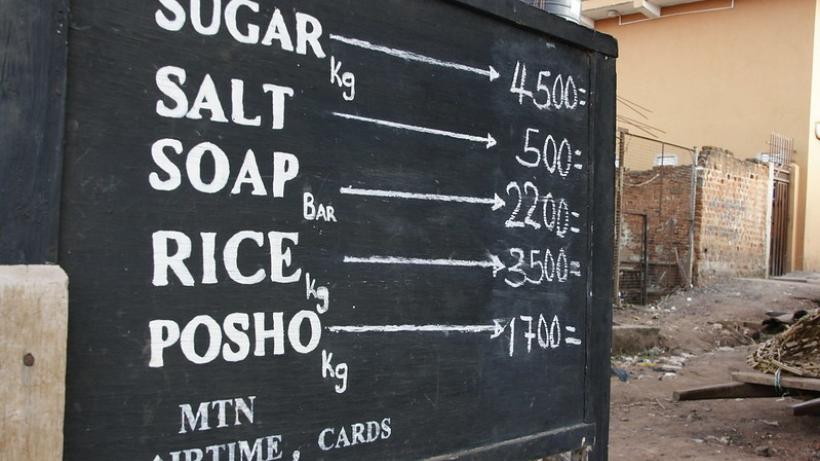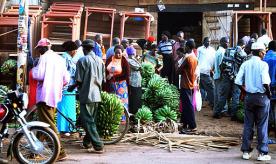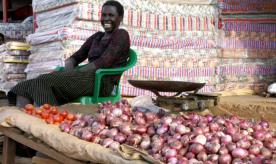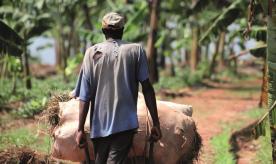
John Spray
- Economist
- International Monetary Fund
Roles
Researchers
John Spray is an economist in the research department of the International Monetary Fund (IMF) working on International Trade, Supply-Chains, Production Networks and Development.
Prior to this, he was a post-doctoral fellow and PhD student in Economics at the University of Cambridge, a country economist with the International Growth Centre in Rwanda, and an Overseas Development Institute Fellow in the Ministry of Commerce and Industry in Liberia.








